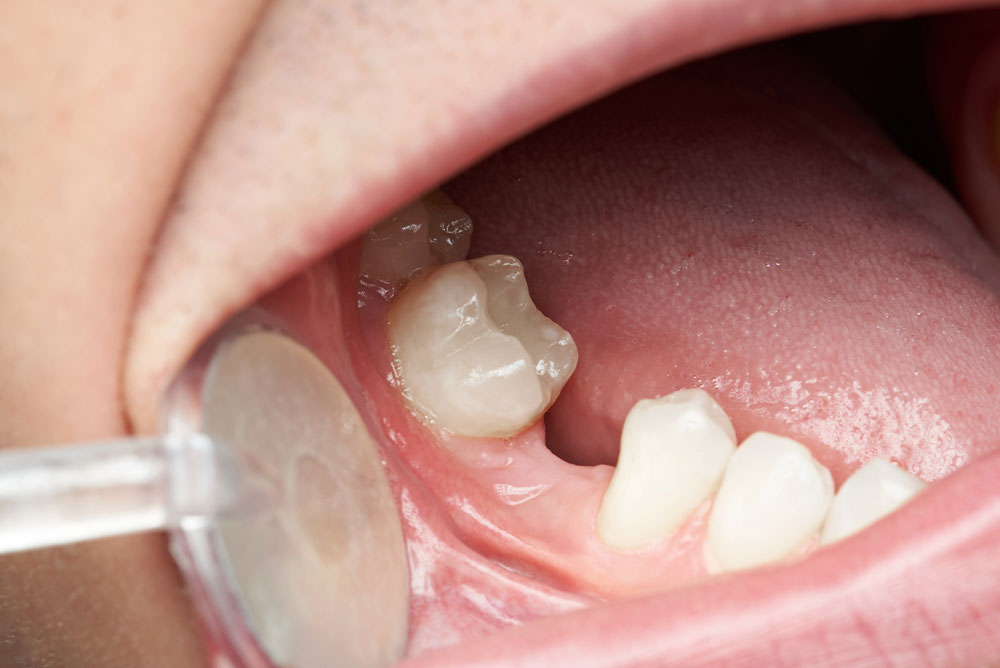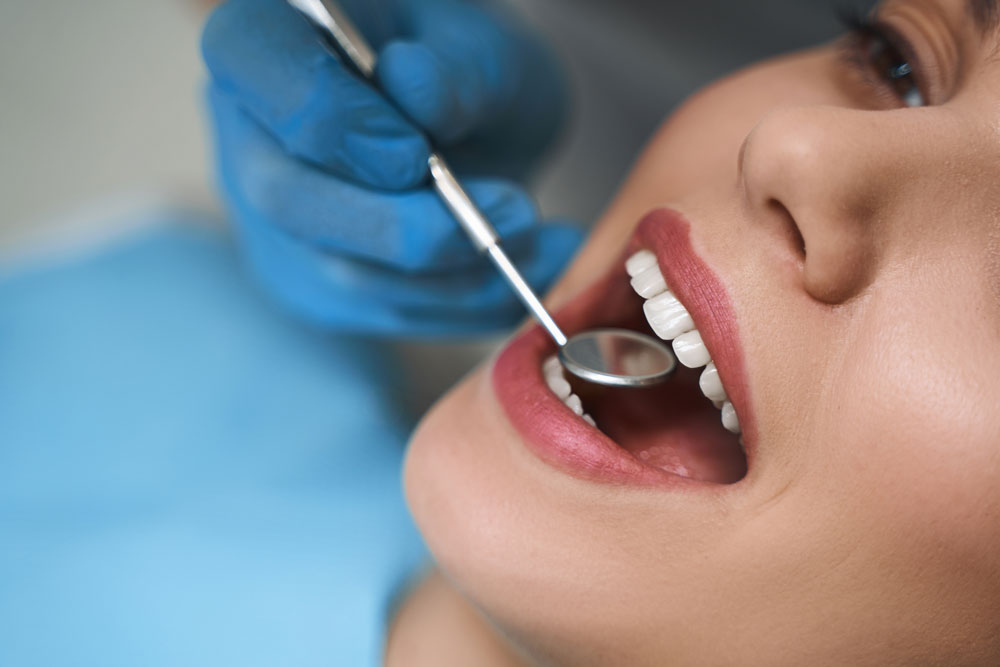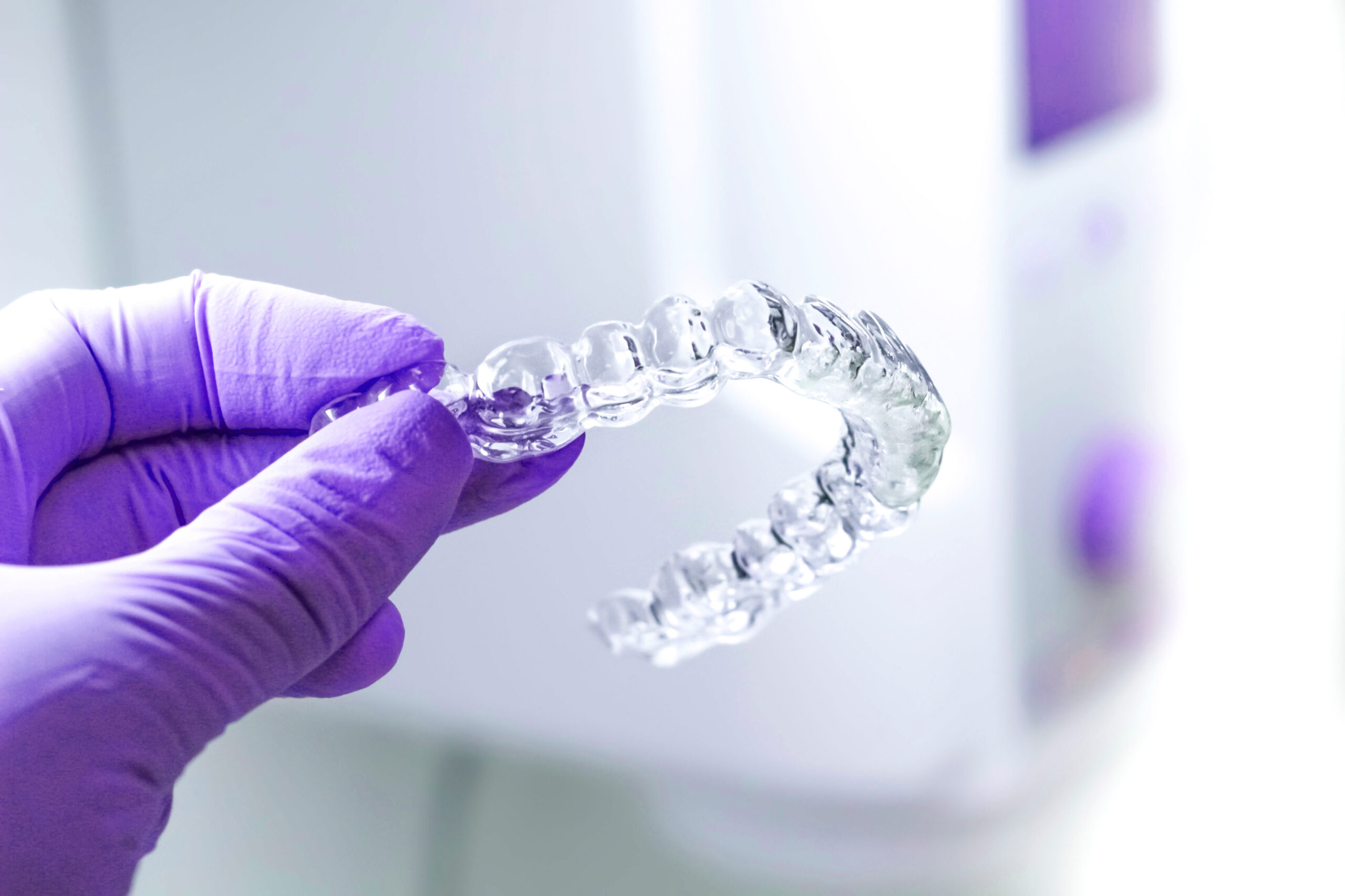Dentistry
How menopause negatively affects your oral health

Menopause can have several effects on your body including mood swings, hot flashes and difficulty sleeping. One effect that many may not know of is its effect on your oral health. Fluctuating hormone levels cause estrogen levels to decrease, leading to sensitive teeth, painful gums, and other issues.
People may notice that things taste different during menopause. Another issue that may arise is called burning mouth syndrome, which is just as unpleasant as it sounds.
Take a look at the effects that menopause can have on your oral health and how you can treat it.
Menopause and your oral health
The decrease in estrogen during menopause and perimenopause can lead to several damaging changes to your mouth. The following symptoms may occur due to this:
• Changed taste
• Burning mouth syndrome
• Sensitive teeth
• Inflammation of your gums
Changed taste
Menopausal changes caused by hormonal fluctuation can lead to a change in the way that food tastes to you. An example of this is that salty, sour or peppery foods may begin to bother you more than they had before or some foods can begin to taste metallic or bitter.
Burning mouth syndrome
In some occasions, Burning Mouth Syndrome (BMS) can accompany changes to your taste caused by menopausal changes. As you would expect, BMS leads to painful burning and tenderness in and around your mouth.
Sensitive teeth
Tooth sensitivity occurs after drinking or eating hot and cold food or drinks, leading to an uncomfortable pain in your teeth.
Loss of the protective enamel and cementum coatings of your dentin (the inner part of your teeth) leaves the nerves within your teeth exposed. Leading to pain and discomfort when you consume cold, hot, or acidic foods.
Inflammation of your gums
Menopausal gingivostomatitis is another oral health condition related to menopause that causes gum inflammation. Besides gum swelling, you may notice your gums become pale, shiny, or deep-red. Your gums may also bleed easily, especially when you brush or floss.

What are the causes?
Menopausal tooth pain can be related to hormonal and age-related reasons, such as thinning mouth tissues, dry mouth, and osteoporosis.
Thinning mouth tissues
When your estrogen levels decrease, the oral mucosal epithelium may also become thinner. This can make your mouth more susceptible to pain and infections.
Dry mouth
Your saliva glands are reliant on hormones to supply and maintain the production of saliva in your mouth.
The decreasing levels of estrogen during menopause can decrease the levels of saliva in your mouth, causing dry mouth.Dry mouth can make it not only painful to swallow foods and liquids, but it can also contribute to tooth decay.
More issues that are common with dry mouth are:
• mouth ulcers
• sore gums
• gum sensitivity
• cavities
• increasing the risk of infections
Osteoporosis
Osteoporosis caused by decreased levels of estrogen is common in postmenopausal people, leading to your bones being weaker and leaving them susceptible to breaking easily.
While many people may think of osteoporosis when talking about other parts of the body, it will also affect your mouth. Jaw recession is common for people with osteoporosis. This can lead to a decrease in gum size and tooth loss.
How to prevent menopausal oral health problems
Even though changes in your hormone levels can lead to changes in your mouth, it doesn’t mean that they have to lead to problems with your teeth and gums.
If you experience any of the oral health changes mentioned in the article, it’s important to see a dentist so they can recommend procedures or medications to address the problems.
On top of this, we recommend that you:
• get regular checkups and cleanings from your dentist twice a year
• brush your teeth twice a day
• floss regularly
• use sensitive toothpaste to help protect the nerves in your teeth
• use moisturising rinses or sprays to treat dry mouth
• supplement with bone-supporting nutrients such as vitamin D or calcium
Additionally, changes to your lifestyle can help you maintain your oral health, changes such as cutting out smoking and reducing the amount of sugary food and drink. For people with dry mouths, cutting back on alcohol and caffeine intake may also help.






